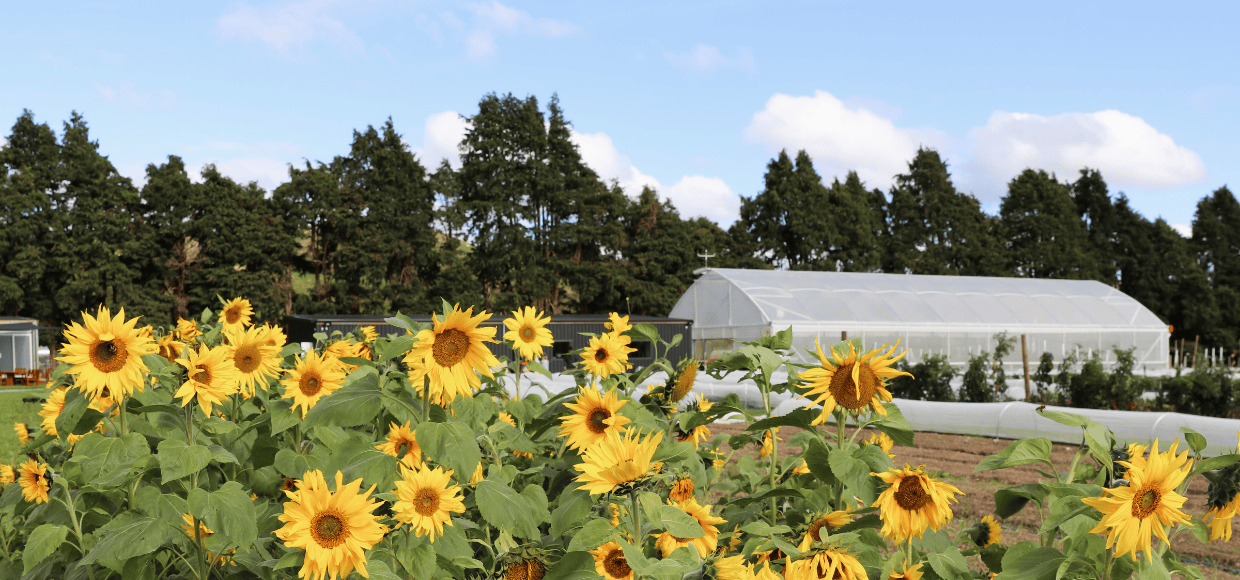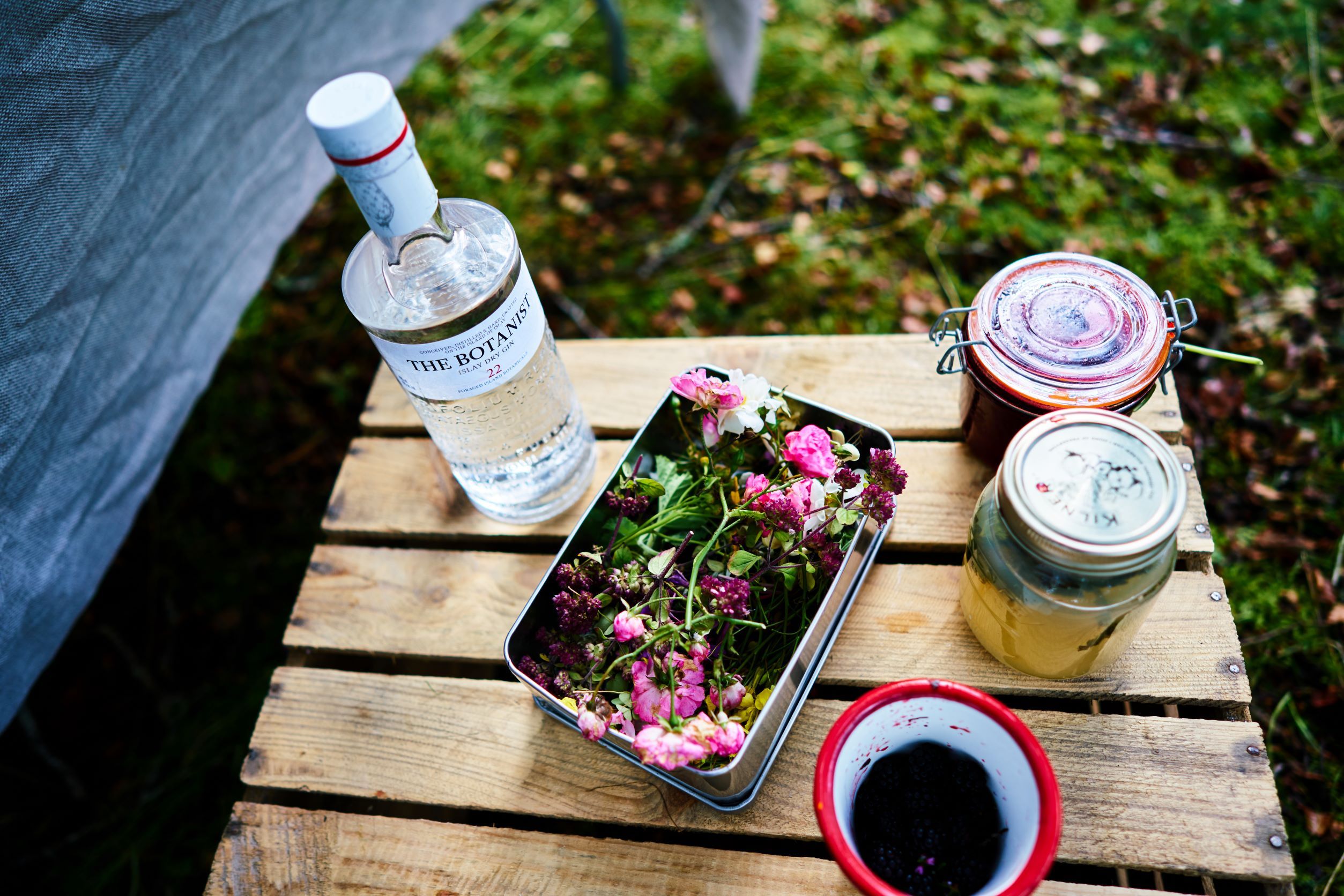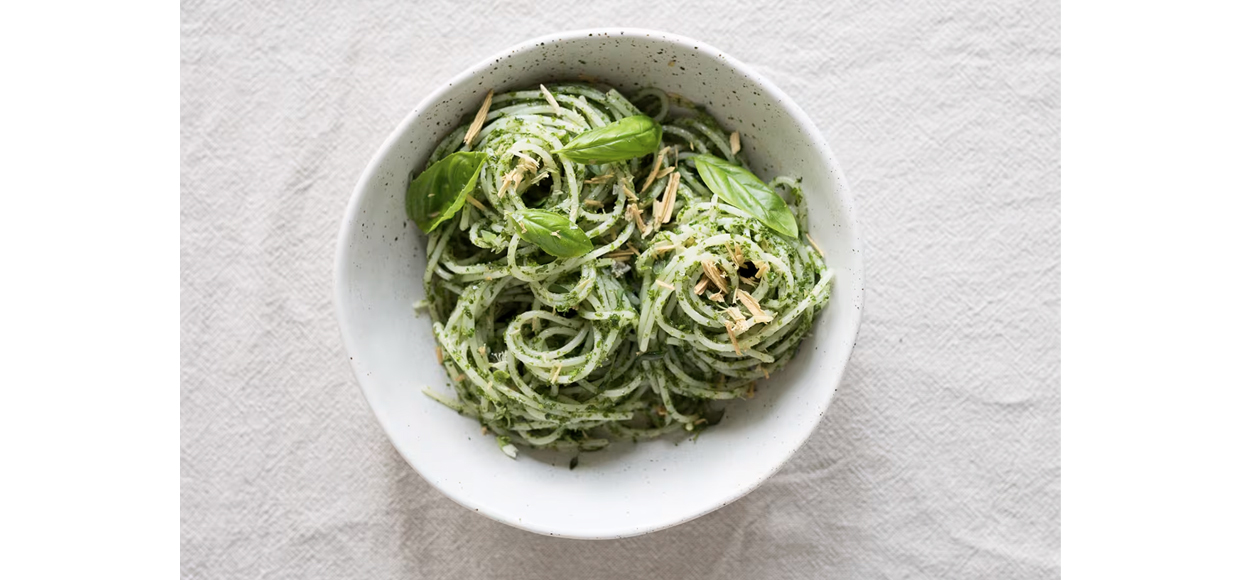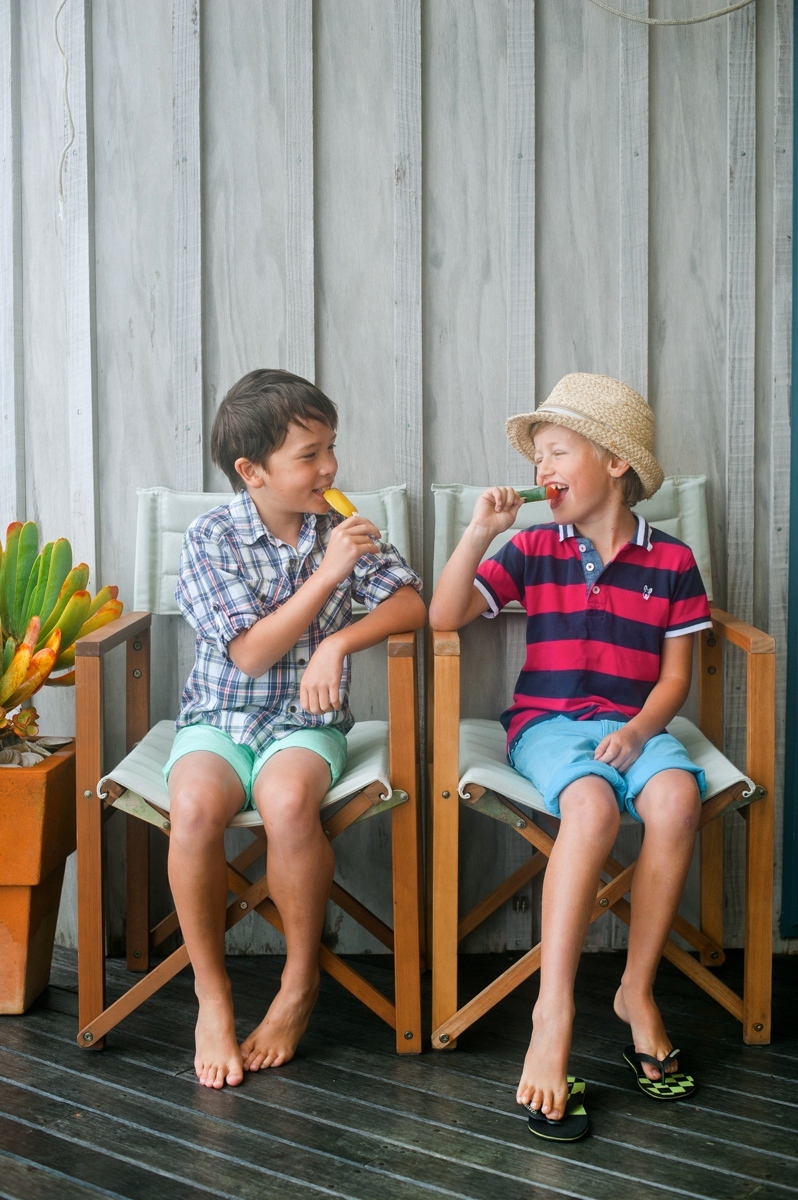The Biome Trust is on a mission to build a regenerative Aotearoa.
While we are moved by many social and humanitarian needs, we believe the convergence of ecological crises demands urgent action and is inexplicably connected to all aspects of human wellbeing, now and into the future.
The future of humankind is intrinsically intertwined with the health of our planet – not only in terms of the impacts of a changing climate but, importantly, in terms of the ability of the Earth’s natural systems to continue sustaining humanity’s way of life. It is particularly true for us in Aotearoa, a country with an economy and populace that depend heavily on its animals, plants and natural landscapes to feed into tourism, exports, food and water, recreation and more. However, our current economic system and way of living are depleting our country’s (and our planet’s) natural resources faster than it can regenerate them. This is what led brothers Matthew and Brian Monahan to create Biome Trust. This philanthropic foundation aims to ‘transform financial wealth into ecological wealth’ by funding projects that are doing transformative work for planetary health and regeneration in New Zealand and beyond.
The founders’ journey
Originally from Illinois in the United States, the Monahan brothers founded a tech company in the early days of the Silicon Valley boom, which they ultimately sold to Ancestry.com for a healthy sum. Finding themselves drawn to New Zealand (where they had previously spent some time), they began exploring ways to use their funds for good by investing in nonprofits – and in doing so, they quickly found out how little nonprofit funding ends up being committed to environmental causes. “The philanthropic industry is committing roughly 0.2 per cent (four to five per cent) of its assets annually to the environment. This includes climate change, animal welfare, conservation, biodiversity, pollution cleanup and much more – combined,” explains Matthew in a Biome Trust article*.
To begin to shift the dial on this challenge, the Monahan family, alongside trusted collaborators, colleagues and philanthropic partners, created Biome Trust in 2022. Since its foundation, the trust has donated funds to dozens of projects across New Zealand and the globe, aiming to help catalyse the move to a more sustainable way of living.


“While we are moved by many social and humanitarian needs, we believe the convergence of ecological crises demands urgent action and is inexplicably connected to all aspects of human wellbeing, now and into the future. That’s why we are continuing to focus most of our efforts on planetary health and regeneration,” explains Matthew.
One of the key initiatives the brothers turned their attention to was the 2018 creation of Mangaroa Farms, a resilient community food hub, education centre and living laboratory (wholly owned by Biome Trust) for transitioning dairy and pine into regenerative agriculture and native forests.



Regeneration at Mangaroa Farms Located half an hour outside of Wellington in the Upper Hutt region, Mangaroa Farms is made up of 810 hectares dedicated to regenerative, ecologically sound farming practices. The farm grows diverse and nutrient-dense food (such as vegetables, herbs, beef and lamb), which it then sells through its market garden, online shop and ‘honesty fridge’.
In a recent interview, Jules Matthews, board member and previous director of Mangaroa Farms, explained how health (both human and that of the natural systems around us) is interwoven between all the different farm-to-table touchpoints.
“The core value for me on the farm is that we promote and develop health and wellbeing – and that’s across the farm. So from the soil to the livestock to the plant community to the biodiversity to the waterways to the people that live and eat off this land.”
“Mangaroa Farms is unique. We’re willing to risk to find out how to make this work. Our intention is to discover ways of doing things that has us be in real collaboration with nature.”
Mangaroa Farms doesn’t just grow and sell food; it also hosts regular volunteer days and education opportunities for anyone keen to pop in – which is part of what makes its proximity to the capital city so handy. Not only do volunteer days mean more hands on deck to plant native trees (280-plus hectares of nearby pine are being regenerated as native forest over the coming few years), they also increase local knowledge of regenerative farming so people can take it back and embed that knowledge within their own communities.
In a 2024 Country Calendar episode about the farm, Matthew explained the compounding positive impact these education sessions and garden visits have on making regeneration a more common household topic across Aotearoa.
“What we’re seeing is that it’s a ‘gateway drug’ into these broader conversations about watersheds, land use, forests, conservation, wetlands and so forth – it all starts back here in the garden.”
Mangaroa Farms’ impact on the community extends beyond customers and visitors. Since the beginning, the farm has brought in local farmers with deep roots in the area, significant expertise and passion for the kaupapa.
“We didn’t really have a farming background or know what we were doing, but we felt like we needed to be alongside that community in that journey,” says Matthew. “The first time I met Jules, she said, ‘I’m a farmer without a farm,’ and I said, ‘Oh well, that works because we just bought a farm and we’re not farmers.’ So, it was a perfect match.”

Spotlighting and funding bright ideas for regeneration
Beyond Mangaroa Farms, Biome Trust’s impact is far-reaching. Since its founding, the trust has invested in 35 projects in Aotearoa and around the globe, covering areas like regenerative biomes, food resilience, nature-based economies, learning and innovation, and more.
Some of the projects funded so far include:
- Learning Environment, a Whanganui-based farm and educational initiative supporting community resilience and wellbeing.
- Papawhakaritorito Trust, which is about uplifting Māori food sovereignty and the rematriation of soil.
- Kōanga Institute, an initiative dedicated to saving New Zealand’s heritage food plants.
- Happen Films, which delivers inspiring stories for a changing world.
- Local Futures, an initiative that promotes localisation globally.
- Amazon Sacred Headwaters, creating shared visions for a bioregional plan.
Recently, Biome Trust has also served as the incubator for Ma Earth, a community-led movement to share ideas and build tools to help align economic incentives with planetary health and regeneration.
Ma Earth’s first project was an interview series called ‘The Regeneration Will Be Funded’, focusing on regenerative finance and the pathways to a life- affirming economy. As part of this series, Ma Earth ultimately hosted over 125 conversations with leaders across many environmental areas, including climate investment, philanthropy, technology, law and more.
The other primary way Ma Earth is supporting regenerative actions is through offering grants for land stewardship projects. At the end of 2024, the organisation completed its second round of grants (totalling more than $360,000), which were distributed to 30 different land regeneration projects worldwide.
Where to next?
Biome Trust and its subsidiaries have a lot in store for 2025. Mangaroa Farms has big plans to scale up its garden tours over the year so more people can experience localised organic food production and regenerative agriculture.
The local farm shop/kete kai (right next to the gardens) is open from Tuesday to Sunday and offers a range of fresh organic produce, pasture-raised meat and other products from a selection of local producers.
If you’re in the North Island, you can also order delicious pasture-raised beef and lamb from the farm online and have it delivered to your door.
In terms of the rewilding of the pine forests around the farm, the team is exploring out-of-the-box ways to reforest the land without necessarily doing the damage to ecosystems that comes with logging. Ma Earth will also be offering a new round of grants, as well as finishing up its The Regeneration Will Be Funded interview series and exploring opportunities for new series.
As for the founders, Matthew and Brian? In an episode of The Regeneration Will Be Funded, Brian spoke to Matthew about how family is one of his main focuses for the future, particularly raising his two daughters to be as passionate about protecting the Earth as he and his brother are – and he believes everyone (regardless of whether or not they have their own kids) has the same opportunity to impact future generations’ consciousness around living within our means. “Having kids is the ultimate demonstration of hope in a beautiful world – the ultimate sign of faith in a future…[this is] a really effective mechanism in which to interact with the world, that is probably undersold the most. People talk about, ‘Oh don’t drive cars, eat no meat.’ I think, ‘Be engaged in a young child’s life.’ I think it has way more impact, and it’s way more fun.”
Learn more about Biome Trust, Mangaroa Farms and Ma Earth at biometrust.earth






